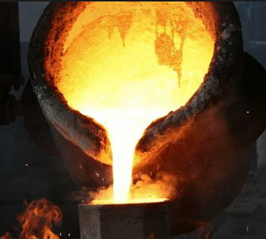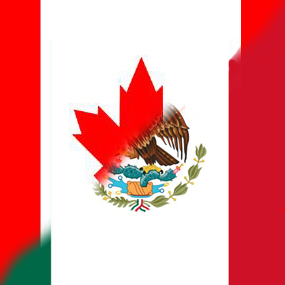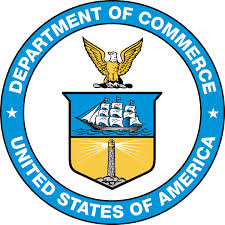
May 2018
May 1, 2018July 2018
June 29, 2018
Talks Fail: U.S. Activates Broad Steel and Aluminum Tariffs, Impacting FTZs
New Auto Investigation Would Be A Body Blow To The FTZ Program


China Tariff Moves: Olive Branch or Trojan Horse?
NAFTA ‘Deadline’ Passes Without A Deal For Foreign-Trade Zones


U.S. Foreign-Trade Zone Board Activity
- AGCO Corporation received approval to operate their 240 acre campus in Jackson and Round Lake, Minnesota as Subzone 119M. LEARN MORE
- Swagelok Company received authorization of production activity for valve component parts at its facility within Subzone 40I in Solon, Willoughby Hills, Highland Heights, and Strongsville, Ohio LEARN MORE
- International Converter, Inc.received approval to operate their Caldwell, Ohio facility as Subzone 138H. LEARN MORE
- Brake Parts Inc. submitted an application to expand its Hazleton, Pennsylvania Subzone 24E by 15.2 acres. LEARN MORE
- Amcor Flexibles LLC submitted an application to operate its 14.4 acres site in Shelbyville, Kentucky as a subzone of FTZ 29. LEARN MORE
- Takasago International Corp. (U.S.A.) submitted a notification of proposed production activity to add essential oils and aromatic chemicals to their scope of authority in Site #10 of FTZ 37 in Harriman, New York. LEARN MORE
- CEVA Freight LLC, received approval to operate their Mount Juliet and Lebanon, Tennessee facilities as Subzone 78K . LEARN MORE
- Brose Tuscaloosa, Inc., received approval to operate their Vance, Alabama facility as Subzone 98E . LEARN MORE
- Hyster-Yale Group, Inc. received approval to expand Subzone 98D by adding an additional site in Sulligent, Alabama. LEARN MORE
- The County of Volusia, Florida filed an application to reorganize FTZ 198 under the Alternative Site Framework with a proposed service area of Volusia County, Florida. LEARN MORE
- Manuel Freije Arce, Inc.received approval to operate their Cataño, Puerto Rico facility as Subzone 61U LEARN MORE
- VF Outdoor, LLC submitted an application to operate their Ontario, Santa Fe Springs and Corona, California facilities as a subzone of FTZ 50. LEARN MORE
- Westlake Chemical Corporation. received approval to expand Subzone 154C to include a site in Plaquemine, Louisiana, LEARN MORE
- Motiva Enterprises LLC. received approval to expand Subzone 116A to include an additional site in Port Arthur, Texas, LEARN MORE
- E.R. Squibb and Sons, LLC. received approval to expand Subzone 49C in New Brunswick, New Jersey, LEARN MORE
- Lilly del Caribe, Inc. submitted a notification of proposed production activity to add a pharmaceutical finished product and foreign-status components to their scope of authority within Subzone 7K in Carolina, Puerto Rico. LEARN MORE
- Driftwood LNG, LLC submitted an application to operate their 782 acre Sulphur, Louisiana facilities as a subzone of FTZ 87. LEARN MORE
- Deere-Hitachi Construction Machinery Corp.submitted a notification of proposed production activity to add forestry machinery, forestry machinery frames/booms/arms, and hydraulic excavator frames/booms/arms to the scope of authority within Sites #30 & #32 of FTZ 230 in Kernersville, North Carolina. LEARN MORE
- Medline Industries, Inc. received approval to eliminate Site #1 from Subzone 231A in Manteca, Stockton and Tracy, California., LEARN MORE

